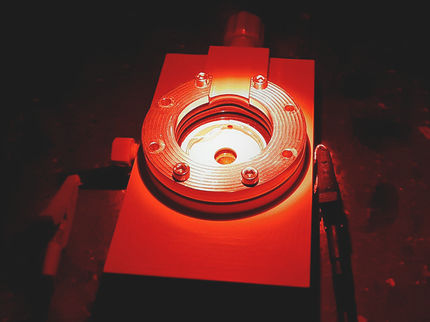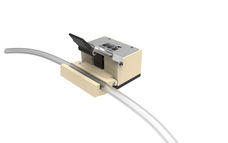Self-powered herbicide biosensor
Advertisement
A self-powered biosensor that can detect herbicides in water has been developed by US scientists. Most commercial herbicides act by inhibiting photosynthesis in plants. Unfortunately, photosynthetic aquatic microorganisms and aquatic plants are also similarly affected, which is why herbicides are a concern as water pollutants. Long term exposure to contaminated drinking water can also be hazardous to humans. Current methods to detect herbicides often require a pre-concentration step and extended analysis time. Other self-powered sensors use enzymatic biofuel cells, but they are not the only electrochemical energy conversion system that contains enzymes that can be initiated or activated.
Here, the team has used thylakoid membranes, which are found in cyanobacteria and the chloroplasts of plants, and contain the redox complexes that are responsible for the light-dependent reactions of photosynthesis. The sensor contains bio-solar cell incorporating thylakoid membranes at the bioanode for direct photoelectrocatalysis with an air-breathing platinum cathode. The bio-solar cell produces power in the sunlight and the photosystem is interrupted in the presence of herbicides, causing a decrease in current. The team detected several commercial herbicides with the sensor.


















































